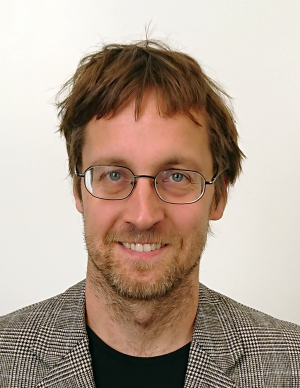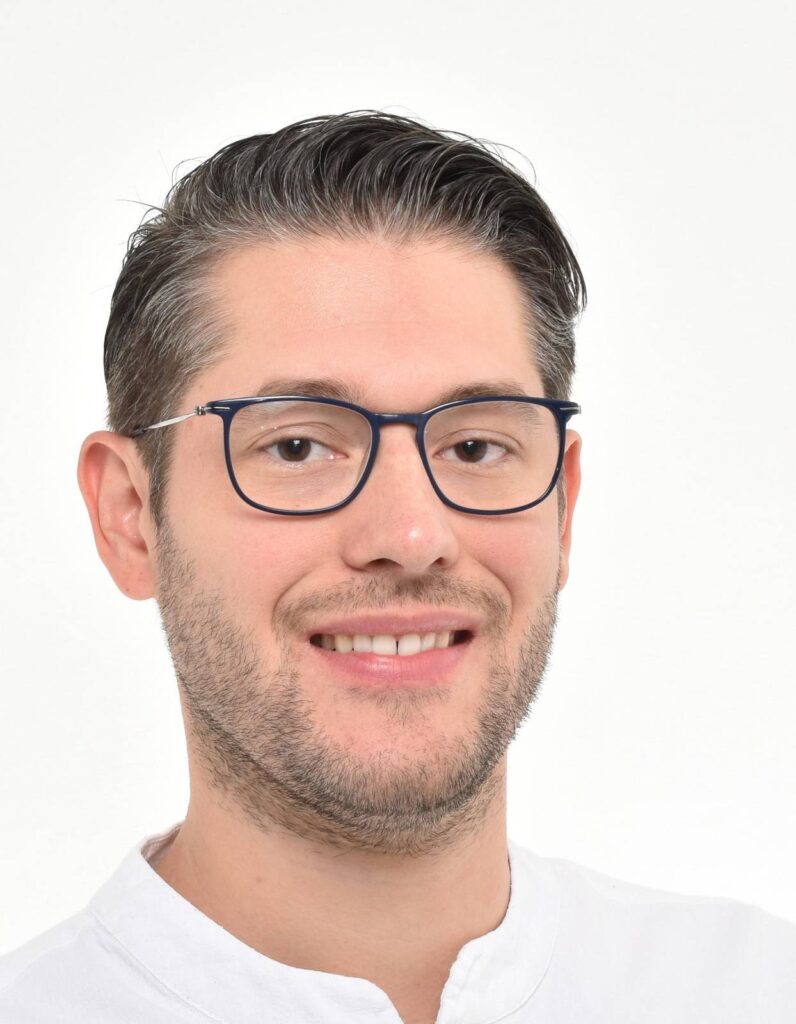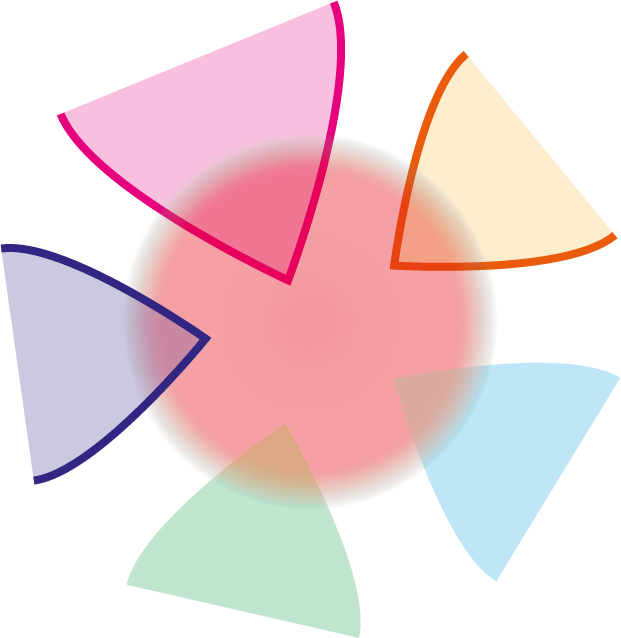Principal investigator

Vitus Angermeier is a scholar in the field of South Asian Studies / Indology, based in Vienna, Austria at the Department of South Asian, Tibetan and Buddhist Studies. He is especially interested in Ayurveda, the Indian epics and the Arthaśāstra. Within these areas he focuses on themes like nature reception, conceptions of geography and space, ethical concepts as well as social, cultural and scientific developments.
[![]() E-Mail ][
E-Mail ][![]() @jalaukika ][
@jalaukika ][![]() 0000-0001-5424-7824 ][
0000-0001-5424-7824 ][![]() Academia.edu ][
Academia.edu ][ ![]() Website]
Website]
Staff

Patrick Zeitlhuber is a PhD candidate at the Department of Linguistics at the University of Vienna and an MA student at the Department of South Asian, Tibetan and Buddhist studies. In his research, he focuses on Indo-Aryan languages (Sanskrit, Pāli, Aśokan inscriptions) and quantitative linguistics. His further interests include the socio-cultural and religious history of South Asia, purāṇic and tantric studies as well as yoga and contemporary religious practices.
As part of the project, Patrick works on Buddhist sources on epidemics, predominantly in Pāli.
Collaboration partners
Karin Preisendanz, University of Vienna, Professor for Indology, Department of South Asian, Tibetan and Buddhist Studies.
As director of four successive scientific projects on “Philosophy and Medicine in Early Classical India”, all of which involved the production of a critical edition of parts of the CS, Karin Preisendanz is one of the pre-eminent specialists regarding pre-modern Indian medicine and especially the Carakasaṃhitā. She functions as a precious advisor concerning all questions regarding the translation and interpretation of Ayurvedic Sanskrit texts and general philological and philosophical issues.
Julia Shaw, University College London, Associate Professor, Institute of Archaeology.
As a specialist in South Asian archaeology with a focus on medicine, health and environmental ethics, Julia Shaw will be of great assistance in incorporating findings from archaeological research that are often ignored in philological scholarly works on South Asian history.
Dominik Wujastyk, University of Alberta, Professor and Singhmar Chair of Classical Indian Polity and Society, History and Classics Department.
With his translation of the chapter on epidemics from the CS, Dominik Wujastyk is one of the few scholars who have already dealt in depth with the core issues of the proposed project. His ongoing “Suśruta Project” provides a much needed counterpart to the aforementioned Viennese undertakings concerned with the CS. Sharing findings between the Suśruta project and the project proposed here will bring multiple benefits to both sides.
Kenneth Zysk, University of Copenhagen, Professor emeritus, Department of Cross-Cultural and Regional Studies.
The work of Kenneth Zysk on the origins of Indian medicine and its environment constitutes an important basis for tasks of the proposed project. Furthermore, his already mentioned article on contagion is highly relevant. These qualifications make him a precious advisor, especially regarding Buddhist medical testimonies with relevance to epidemics and similar events.
Additional collaboration agreements have been made with Karl-Heinz Leven (Friedrich-Alexander Universität Erlangen-Nürnberg), Johannes Bronkhorst (University of Lausanne), and Adam Bowles (University of Queensland).
